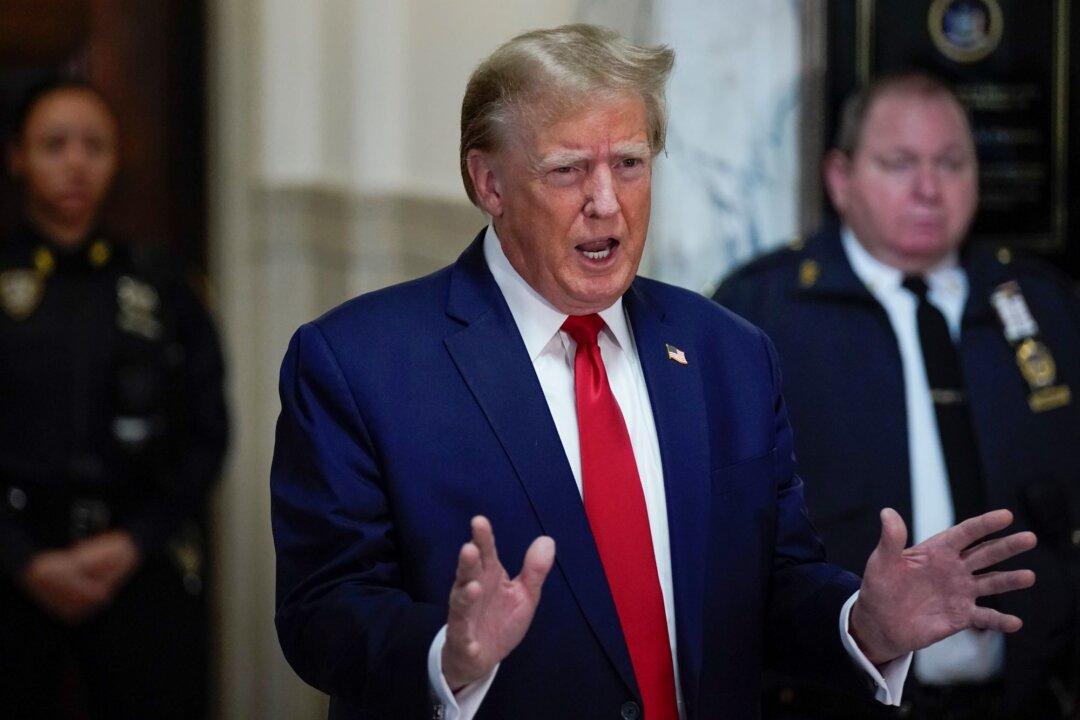Illinois is the latest state to put former President Donald Trump’s eligibility to appear on the primary ballot into question.
Five local voters are “challenging the legal and factual sufficiency of the nomination papers of Respondent-Candidate Donald J. Trump ... as a candidate for the Republican Nomination for the Office of the President of the United States,” reads the petition filed against the Illinois State Board of Elections.





